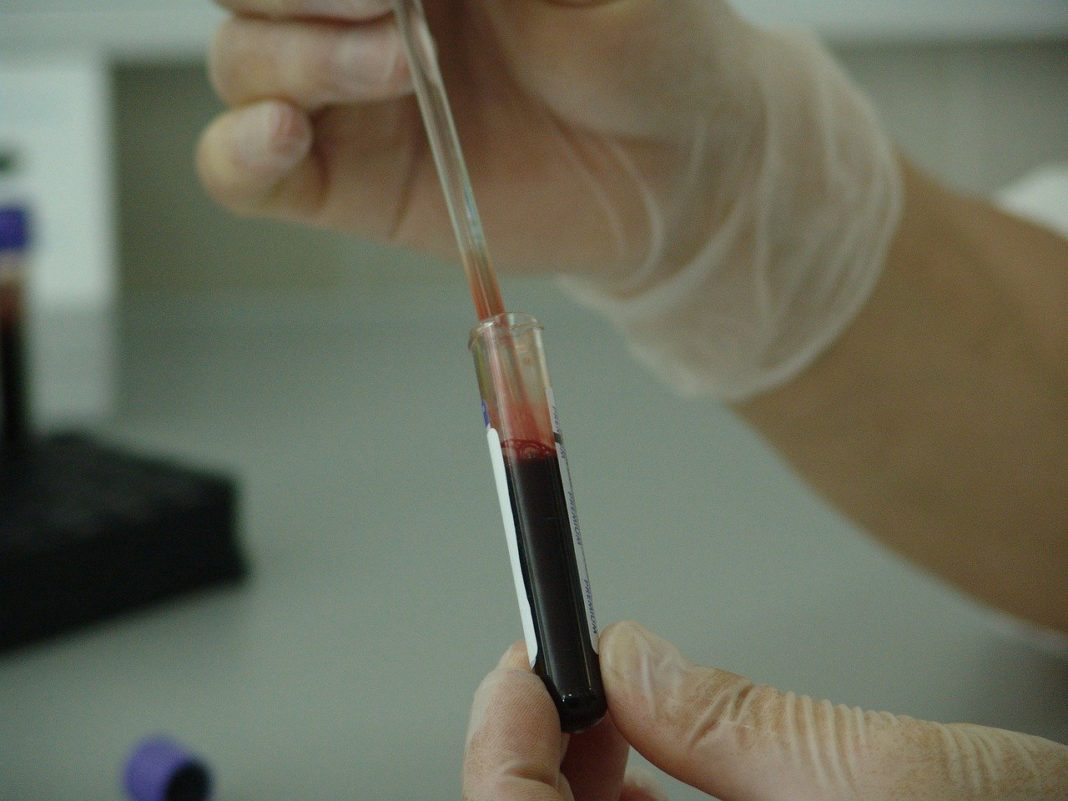You can find a career combining DNA technology and forensics in a variety of different fields. These include Agricultural biotechnology, medical genetics, and forensic science. If you have a passion for the study of DNA, you could pursue a career as a DNA analyst. These professionals work in forensic labs across the country. As of 2014, there were approximately 1,200 people working as forensic science technicians.
Agricultural biotechnology
Forensics and DNA technologies are two very different fields. Agricultural biotechnology uses these two fields to improve crops and make them more resistant to pests. These techniques also allow farmers to recover lands that were once unusable for farming. One benefit of agricultural biotechnology is the ability to genetically modify plants and give them the ability to grow in a wide variety of climates.
Agricultural biotechnology has a number of advantages, including increased yields from high-yielding plants and improved irrigation methods. Those involved in this field can make significant incomes and improve the world’s food supply. Agricultural biotechnology uses a variety of tools and disciplines to improve agriculture worldwide. It can be used to develop pest-resistant plants or a natural resistance to diseases.
A bachelor’s degree in biology or genetics is required to work in agricultural biotechnology. The field isn’t particularly expensive, and the U.S. Department of Agriculture and the United States National Organic Program offer financial aid to help students pursue their studies. Those with less than full-time jobs may find part-time employment with companies that combine these two fields. If you’re not quite ready for a degree in genetic engineering or agricultural biotechnology, you can pursue a part-time job with a company that combines both fields.
Despite the many potential career options in agriculture biotechnology, the field is still developing at a fast pace. As a result, agricultural education must keep pace. Students should study soil fertility, crop development, and pest control. There are also specialty courses available. Agricultural biotechnology graduates are in high demand, with increasing global populations and a growing need for skilled people. A bachelor’s degree in biotechnology will give you the necessary skills to excel in this field.
Agricultural biotechnology uses the power of DNA technologies to improve crop yields, control diseases, and boost the development of agricultural crops. The field has multiple applications and benefits for society. Agricultural biotechnology develops genetically modified plants and enhanced plant genotypes to be resistant to environmental stresses and pesticides. There are even forensic applications for DNA technologies. And as an agricultural geneticist, you can detect criminal activity and illness.
In forensic science, the role of DNA technologies in agricultural biotechnology is increasingly important. It allows forensic scientists to match a missing person or an individual to his or her mother. This technology is also used to diagnose genetic diseases that are passed down through the generations. This technology allows researchers to identify affected individuals before they manifest any symptoms. This way, diseases can be prevented before they occur.
Medical genetics
Combining DNA technology with forensics, medical genetics is an exciting career choice. In the last several years, numerous studies have identified new genes associated with various health problems. Genetic counselors and medical geneticists work with people every day to determine the causes and risks of disease. While genetic counseling is an exciting career opportunity, molecular biologists study specific genes and the effects they have on the body.
A Ph.D. program is also available, where candidates can specialize in a specific area of genetics or research in many fields. During the program, students work with faculty to develop research projects in areas related to their field of interest. PhD candidates can pursue careers as professors at universities or researchers in private laboratories. The field of medical genetics is so important today that almost all medical professionals need to be aware of its basics. Physicians, researchers, and genetic counselors must understand the risks of certain diseases, and they must know how to treat patients accordingly.
The Human Genome Project has improved our understanding of human genetics, bringing new discoveries and techniques to the forefront of medical practice. In the future, the work of obstetricians and gynecologists will need to be knowledgeable about the latest advances in DNA technology and molecular testing. They will have the necessary knowledge to identify genetic diseases and prevent them from happening.
The use of whole exome sequencing and targeted sequencing tests is a valuable tool in diagnosing a phenotype. However, the use of whole exome sequencing is still limited by the ability to interpret intronic regions, which are not part of the genome. It is only after a strong suspicion that a patient has a serious disease that a full genome sequence can be performed.
While a majority of diseases can be attributed to a single gene, other disorders are caused by a combination of genes or environmental factors. Molecular genetic testing is the most accurate way to diagnose disease. It can be used to identify genetic alterations associated with different conditions. The most accurate molecular diagnostic tests are those that identify a specific pathogenic variant within a specific gene.
DNA is a vital part of a cell. DNA molecules are found in the nucleus, which is the inner core of the cell. Chromosomes contain small DNA fragments that have “markers” which repeat short DNA sequences. The number of repeats at these markers varies from one person to another. Because every human being has two copies of each marker, this information is very useful for forensic scientists.
The process of genotyping involves identifying individuals based on genetic differences. Using a genetic test to identify a person’s genetic make-up helps scientists identify hereditary traits. For example, the Golden State Killer’s DNA was harvested from a huge database containing millions of American DNA profiles. This would help foreign intelligence agents determine the real identities of American diplomats and spies. In addition, it could help them pinpoint political information. As of yet, this technology is only in its early stages, but it will continue to be useful for researchers and law enforcement.
Forensic science
Forensic scientists investigate crimes and other suspicious activities in order to identify suspects and establish a crime scene’s evidence. Their job is to work with law enforcement officers to identify suspects and determine the type of crime, as well as to test fingerprints and other samples found on the scene. They also help the authorities identify suspects by determining how the crime was committed and whether or not the perpetrator is guilty.
As a result, DNA evidence is a valuable tool in identifying criminals and establishing their identities. Although people may look similar, they do not share the same DNA. DNA profiling can help solve crimes by allowing forensic scientists to match DNA profiles from the scene to the DNA of the suspect. A no-match means that the suspect is not guilty, and a match means further police investigation.
As DNA technology continues to improve, more people can now analyze DNA evidence and help law enforcement officials prove the guilt of the suspect. This technology has the potential to make the process of identification simpler and less expensive. Forensic science has a wide range of potential applications in law enforcement and the public. The field of forensics is highly marketable, and the field is continually evolving. Anyone interested in science and the world will love the variety of careers available in this field.
Despite the numerous benefits of DNA technology, a number of concerns remain regarding its use. While DNA technology has the potential to be a useful tool for law enforcement, it may also raise inappropriate expectations in jurors. The high degree of certainty DNA evidence can produce may cause jurors to overlook other forensic evidence. As such, DNA evidence should be used carefully and with proper legal sanction.
In addition to improving the accuracy and efficiency of DNA technology, a database of DNA profiles from convicted criminals can help police identify suspects. The FBI’s Combined DNA Index System (CODIS) includes both individual and case DNA samples. CODIS automatically compares new samples against existing profiles. CODIS produced more than 45,400 “hits” in February 2007 alone, assisting with 46,300 investigations. Although DNA evidence is highly effective in forensic investigations, it cannot always be processed quickly. The backlog of samples in the U.S. is so large that samples cannot be analyzed in an hour.
A forensic scientist requires extensive training. He or she must complete a four-year bachelor’s degree program in biology or criminal justice. DNA evidence collection and analysis training is essential for this career, and a forensic scientist must be up-to-date on the latest technologies and techniques. In addition, he or she should have a certification from a forensics organization. Furthermore, he or she must continually update his or her knowledge of DNA technology in order to stay competitive in the job market.



